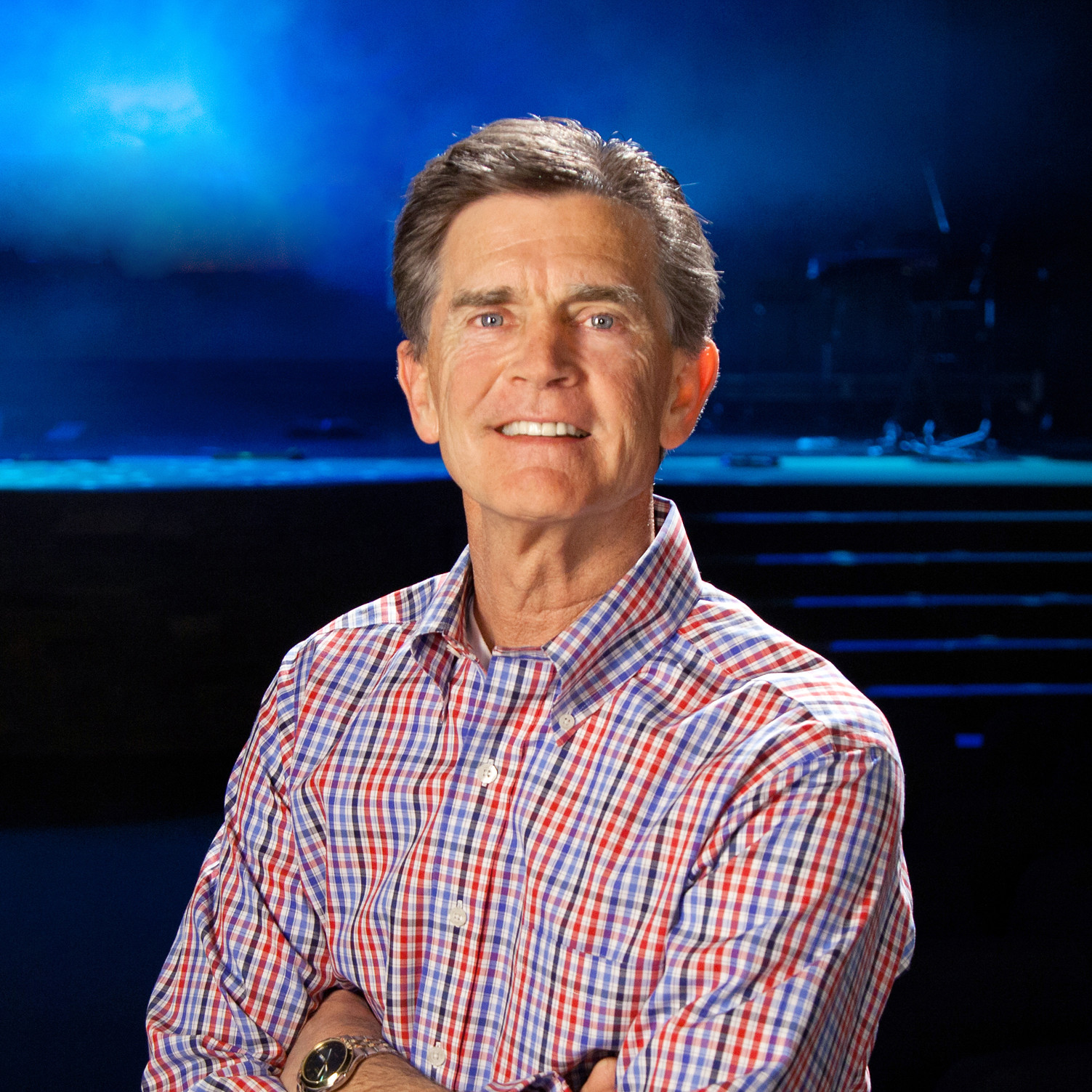“How’ve you been, Nik?” I could almost hear him smiling over the airwaves, if that’s possible. “Great, Susie! God is so good.”
It’d been a couple of years since our last interview, so I pressed a bit more, “Are you well? Have you been healthy?” I pictured him shifting in his chair, finding a more comfortable spot. “Well, Susie. I contracted malaria, for which there’s no cure. I’ve been quite ill, actually. Not able to use my arms and legs. But praise God, He helped me find a doctor to help alleviate the pain so I can get some much-needed sleep. And I’m able to be up and around now. I’m so grateful.”
Recently on Middays I spoke with Nik Ripken (not his real name) about his work within the persecuted church. Nik is the world’s leading expert on the persecuted church in Muslim contexts. He’s paid a high price to serve God in difficult places. But he’d never admit such a thing because Jesus paid the highest price for him. Nik has interviewed hundreds and hundreds of persecuted brothers and sisters, asked them how they do it, how they keep their faith alive amidst such pressure and suffering. Their answers always surprise Nik. For example, a group of American Christians wanted Nik to ask our persecuted brothers and sisters how they keep their faith alive amidst such suffering and loss. To Nik’s surprise, they asked a question right back. “How do they keep their faith alive when they don’t suffer persecution?”
Now, of course, there are plenty of stories of discrimination against Christians in the U.S. But we cannot fathom what it is to lose children, homes, jobs, and spend years enduring torture in prison, all because we love Jesus. Nik explained that if these dear brothers and sisters were willing to keep their faith private and keep to themselves, they’d be left alone. But they can’t help themselves; they feel they must share the hope of the gospel with the very ones who will likely turn on them once they do. In my opinion, these are the superheroes of the faith today.
In his book, “The Insanity of Sacrifice“, Nik writes,
God will stop at nothing to accomplish His plan—and He fully expects His people to stop at nothing to give themselves to His purposes.
I asked him, “What about fear? Are you ever afraid? And what do you say to the person who so sincerely wants to follow God but is terrified of what it might cost them?”
Nik answered, “Yes, I’m often afraid. And to the one who feels terrified, start by reaching out to your neighbor. Crucify your fear of rejection by starting in your own neighborhood. Share a meal with your neighbor. Learn their story. Share how God has made a difference in your life.”
At the end of each chapter of Nik’s book, he offers a prayer, appealing to God for more courage, more conviction, and for the willingness to take the risks necessary for the sake of the gospel.
“Bold, risk-taking God, we are inadequate for the task. Our excuses sound perfectly reasonable to us. We cannot imagine why You would want to use us. We are not qualified. Yet Your command is unmistakable. We hesitate even to pray these words, but we know that You can do more than we ask and more than we can imagine. We know that You can use even us. Through Your power, You can make us adequate for the task. And though our willingness is halting and sometimes tentative, we say…Yes. Use us. Despite our weaknesses, use us.”
I don’t want my Christianity to be so “Americanized” that it’s no longer biblical. I want my faith to count. Lord, give me a heart to do Your will. Give me a heart for the lost, the hurting, and the broken. Here I am, Lord. Send me to my neighbor. Amen.
Ah, how beautiful the feet of those on the mountain
who declare the good news of victory, of peace and liberation,[a]
The voice that calls to Zion, that chosen place for God’s promise people,
announcing to them “Your God rules!”





